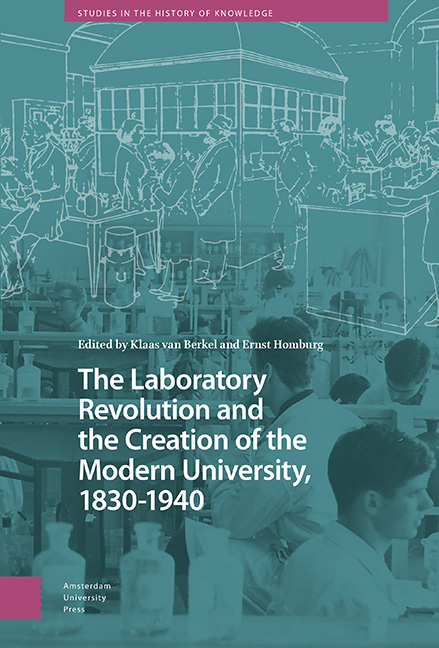6 - A Fertile Ecosystem : University Chemical Laboratories and their Suppliers in Fin-de-Siècle Paris
Published online by Cambridge University Press: 29 November 2023
Summary
Abstract
In Fin-de-Siècle Paris, the laboratory revolution was powered by an ideology comparable to the Dreyfus case: a determination for military revenge against Germany. Hence the need to beat the Germans at their own game, excellence in chemical science and technology. While the French state instituted faculties of sciences in both Paris and the provinces, commercial suppliers sprouted in Paris to provide laboratory equipment, glassware, and chemicals. They also fed upon the contemporary rise of photography. The French government established the Laboratoire municipal de chimie in Paris with the mission of making food and drink safe for Parisians. This chapter focuses on some leading commercial suppliers with shops in the Latin Quarter, conveniently close to their laboratory clients at the Sorbonne.
Keywords: fin-de-siècle Paris, Sorbonne, pharmacists, laboratory suppliers, photography
Introduction
This chapter is set in Paris during the fin-de-siècle period 1880–1910. This was a time when Paris was increasingly recognized as the cultural capital of Europe. Moreover, Parisian institutions of higher learning had something of a fresh start of after the Franco-Prussian War, and this setting offers excellent opportunities for studying the Laboratory Revolution.
In the aftermath of the Franco-Prussian War of 1870, the French government and the elite discussed reasons for their defeat. The consensus was that Prussia had won primarily due to its superiority in science and technology. Accordingly, it was decided to upgrade the French educational system, especially in the sciences. The necessary resources were allocated, and money was poured into this national emergency. Existing institutions of higher education were revamped, especially with respect to research and science education. Novel institutions, meant to occupy the leading edge, were built. In short, public opinion was intent upon revenge and beating the Germans at their own game.
Easier said than done! In chemistry especially, Germany at that time led the world. And whereas French intellectuals boasted of their excellence in abstract thought and theory, French experimental science was weaker. The ruling elite were keenly aware of this blind spot and strove to remedy it, an instance of the Laboratory Revolution in a protracted mode.
- Type
- Chapter
- Information
- Publisher: Amsterdam University PressPrint publication year: 2023

